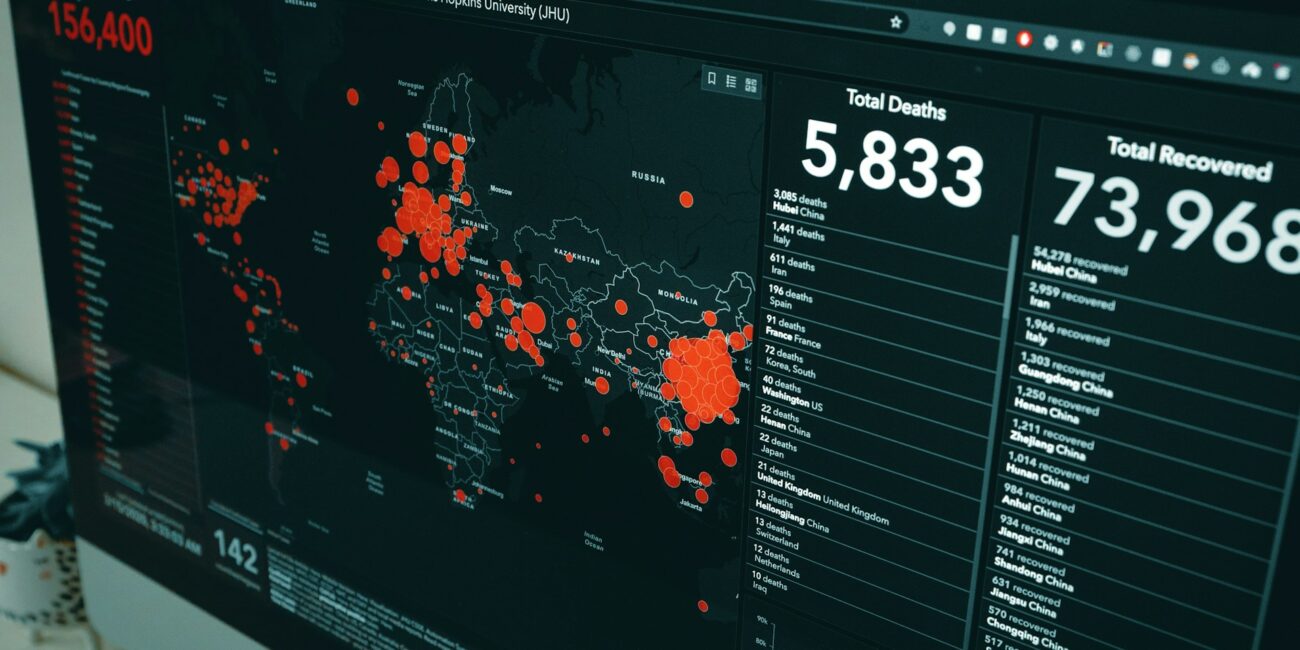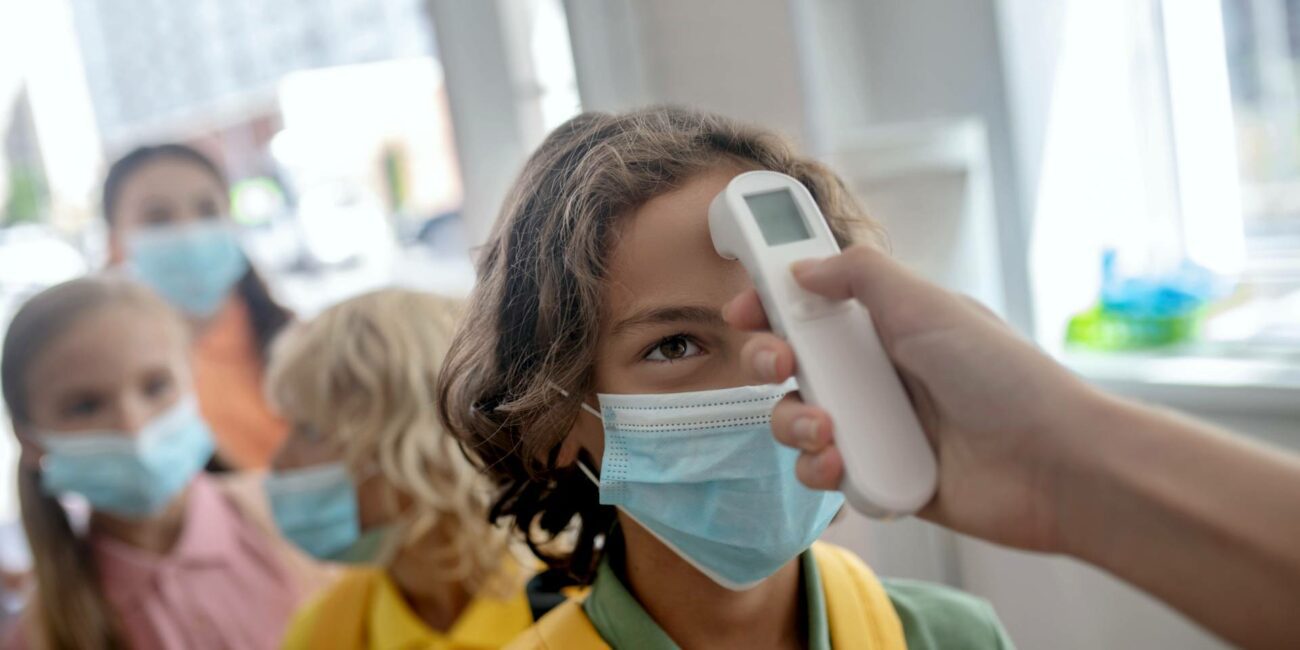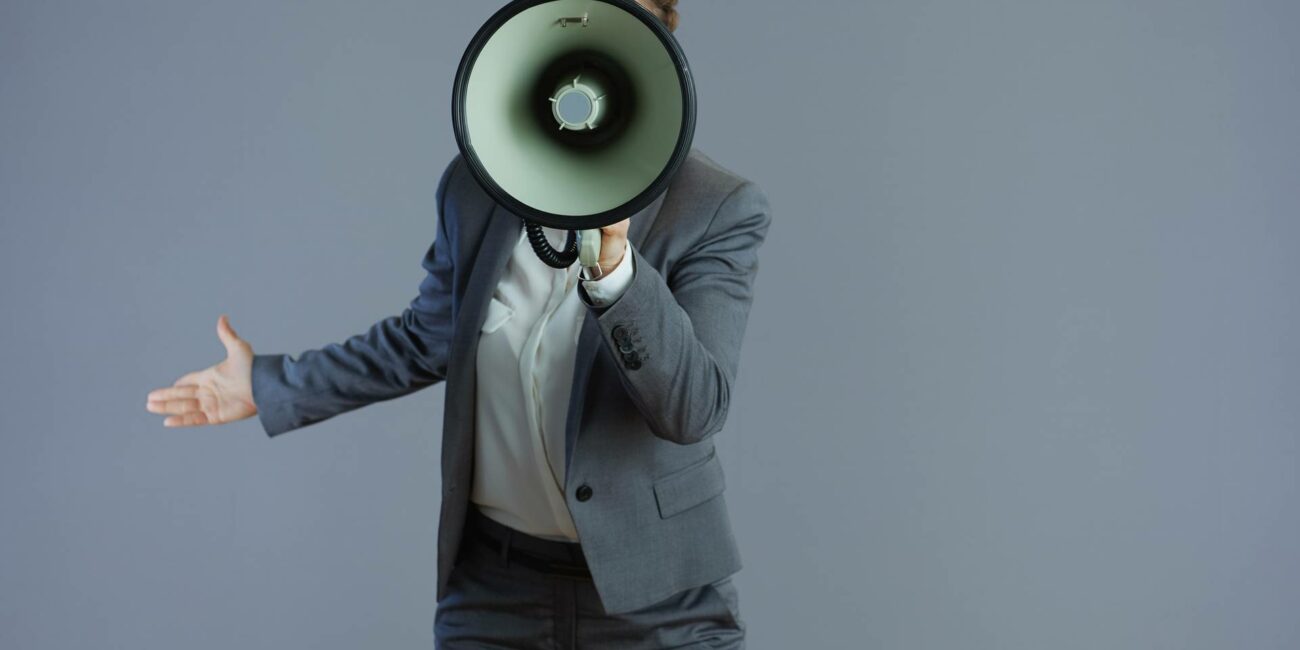Date: 22 July 2020 Release: Immediate
Modelling collective, Pandemics ~ Data & Analytics argue for teachers, learners to return to classrooms based on established science that it is safe, warning of long-term risks of not doing so.
SOUTH Africa’s education system was already fractured and teetering on the edge before COVID-19 came along, but it may collapse entirely if we fail to get teachers and learners back to school.
This is not an emotional plea, but one backed by science emerging from across the world, says Pandemics ~ Data & Analytics (PANDA), a multidisciplinary modelling group, which is advocating for the reboot of the education system to avoid further economic fallout and more lost lives down the line.
“The safest place for children right now is school. Teachers and learners need to get back for three simple reasons,” says PANDA’s Nick Hudson.
“First, it will save the economy because parents can get back to work, second lives will be saved down the line to the extent that our economy is actually functioning. Finally, we cannot risk rerailing our education system and the long-term implications that come with that for the future of jobs, innovation, economic growth and general well being.”
PANDA was responding to comments from President Cyril Ramaphosa earlier this week, who said lives are more important than completing the academic year.
“If this were truly the case, we would be looking at how we can open schools safely, as is the case in Europe, Australia, and South Korea, to protect both learners and the economy. This is not a zero-sum game, we have to do both.
Irrational to close schools
Pressure from teacher’s unions should not trump science, say PANDA. To date there have been 688,000,000 collective school days lost due to COVID-19 and this risks expanding if the government closes schools again.
PANDA blames the South African government for the unions’ response, saying it has created an environment of fear and not science-based decision-making.
“Teachers and health workers alike have been made irrationally afraid, in the process reducing our ability to save the unlucky minority who suffer a severe disease course,” Hudson said.
“In this way, our lockdown appears to have reduced our healthcare capacity, when its sole stated intention was to buy time for increasing it.”
PANDA says the science is clear and that COVID-19 poses an insignificant risk to children is established science, as is the fact that children rarely transmit the disease that has stopped the world in its tracks.
“Children are less susceptible than adults and extremely unlikely to experience severe clinical courses, let alone to die,” Hudson said.
“Since they rarely transmit COVID-19 schools are among the safest of workplaces amid the epidemic, particularly if teachers can distance themselves from one another, which would not seem to be an impossible prospect, since they should be in the classroom, not the staffroom.”
“Simply put, it would be entirely irrational to close schools in an effort to reduce the impact of COVID-19 in South Africa.”
But extending school closures will exacerbate the economic problem and widen the gap between rich and poor, as children from wealthy families will continue nearly as normal with e-learning and child care to allow the parents to return to work. The same is not true for less fortunate parents.
“If the President closes schools until the end of the year, he will effectively be closing large parts of the economy until the end of the year, thereby dooming millions more to poverty and wreaking further havoc on an education system that is already close to collapse as a result of government neglect,” Hudson emphasized.
A similar argument was made in June by a group of 1500 members of the United Kingdom’s Royal College of Paediatrics and Child Health (RCPCH) who penned an open letter arguing that continued closures risk “scarring the life chances of a generation of young people”.
Globally, several studies have found that those under the age of 18 are between one-third and one-half as likely as adults to contract the virus, and the risk appears lowest for the youngest children.
While not a risk free-move, the science-based facts are that the likelihood of transmission is much lower. While both learners and teachers can contract COVID-19 in school, it is very rare, with teenagers at higher risk for transmitting.
PANDA says tackling this problem requires more thought out and less generalized policy responses. But coherent COVID-19 policy is something the South African government has lacked
with “bizarre and contradictory responses” that consider the needs of vested interests such as the taxi industry and teachers’ unions, instead of those of the citizenry and economy.
Such a policy response should include the easing of the burden on schools with very little existing capacity to implement complex policies.
“This same science also calls into question the need for elaborate PPE, mask-wearing and social distancing policies for schools. The poorest and least-served schools are hardest hit by these. Impossible-to-implement requirements at a cost which exceeds their entire operating budgets is a ludicrous ask of schools when the risk is so low.
PANDA also took aim at the World Health Organization (WHO) which it believes issued the misleading statistics comparing COVID-19 and flu death rates, which caused initial panic and poorly designed responses in countries, the consequences of which will linger longer than the disease itself and result in more loss of life than the virus itself.
“We expect that history will record it as the worst ever health policy, with humanitarian costs that will vie with those of the major conflicts and famines of human history.”
The PANDAs also called into question the WHO’s school policy, saying it was not appropriate for a country like South Africa where the balance between the risk posed by COVID-19 is less than in developed countries and where the harm that lockdowns cause is much more pronounced.
“President Ramaphosa’s comments emphasize the need to place lives above education. But lives are not at stake here in any sense that supports the notion,” Hudson added.
“It is a bizarre situation that has led our policymakers to mandate life without livelihood and learning, and to do this in pursuit of an unprecedented policy claiming benefits that are nowhere in evidence. We call on the President to show some integrity, and push back on this outrageous trajectory.”
ENDS.
_______________________________________




